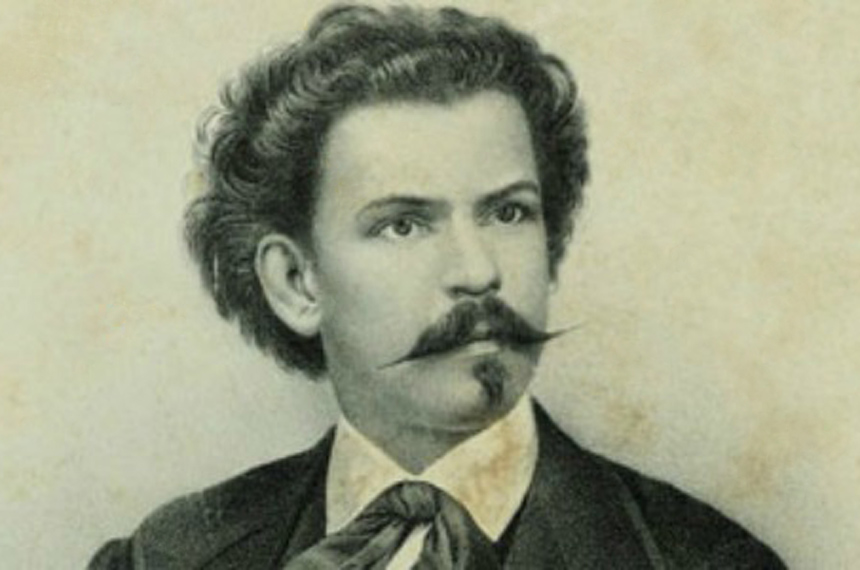Introduction:
Carlos Gomes, a Brazilian composer of the 19th century, left an indelible mark on the world of classical music. Often referred to as the “father of Brazilian opera,” Gomes created a rich and diverse body of work that showcased his exceptional talent and celebrated his cultural heritage. In this article, we invite you on a journey to rediscover the genius of Carlos Gomes as we explore his five best compositions that continue to captivate audiences worldwide.
- “O Guarani”: Considered one of Gomes’ greatest masterpieces, “O Guarani” is an opera based on José de Alencar’s famous novel of the same name. Premiered in 1870, the opera tells a story of love, betrayal, and honor set against the backdrop of the Brazilian rainforest. With its grand orchestration, lush melodies, and passionate arias, “O Guarani” showcases Gomes’ ability to fuse European operatic traditions with Brazilian influences, creating a uniquely vibrant and compelling musical experience.
- “Fosca”: Inspired by a play by Italian writer Iginio Ugo Tarchetti, “Fosca” is another noteworthy opera by Carlos Gomes. Premiered in 1873, the opera explores themes of unrequited love, obsession, and sacrifice. Gomes’ expressive and emotional music beautifully captures the turbulent inner world of the characters, conveying their longing and despair. “Fosca” stands as a testament to Gomes’ ability to create poignant and deeply moving compositions.
- “Il Guarany”: “Il Guarany” is an opera that firmly establishes Carlos Gomes as a composer of international acclaim. Premiered in 1870 at La Scala in Milan, Italy, it tells the tale of a love triangle set in colonial Brazil. This opera further solidified Gomes’ reputation as a master of blending Brazilian melodies with Italian opera conventions. “Il Guarany” is marked by its dramatic intensity, lyrical beauty, and memorable choruses, leaving a lasting impression on audiences worldwide.
- “Salvator Rosa”: Based on the life of the Italian painter Salvator Rosa, this opera showcases Gomes’ versatility and compositional range. Premiered in 1874, “Salvator Rosa” is a tale of love, politics, and artistic passion. Gomes’ music effortlessly transports listeners into the world of 17th-century Italy, capturing the drama and emotions of the characters through dynamic orchestrations and powerful vocal performances. This opera demonstrates Gomes’ ability to craft diverse and compelling narratives through his music.
- “Maria Tudor”: “Maria Tudor” is a tragic opera that tells the story of Mary I of England, highlighting the conflicts between love, duty, and power. Premiered in 1879, this composition represents a departure from Gomes’ previous works, showcasing his growth and maturity as a composer. With its sophisticated orchestration, complex characterizations, and poignant melodies, “Maria Tudor” solidifies Gomes’ position as a composer of great depth and emotional resonance.
Conclusion:
Carlos Gomes’ musical legacy continues to captivate listeners with its fusion of Brazilian and European influences, heartfelt melodies, and compelling narratives. From the grandeur of “O Guarani” to the emotional depth of “Maria Tudor,” Gomes’ compositions remain a testament to his genius. As we rediscover the works of this remarkable composer, we are reminded of the power of music to transcend borders and touch the hearts and souls of audiences around the world.


Comments are closed